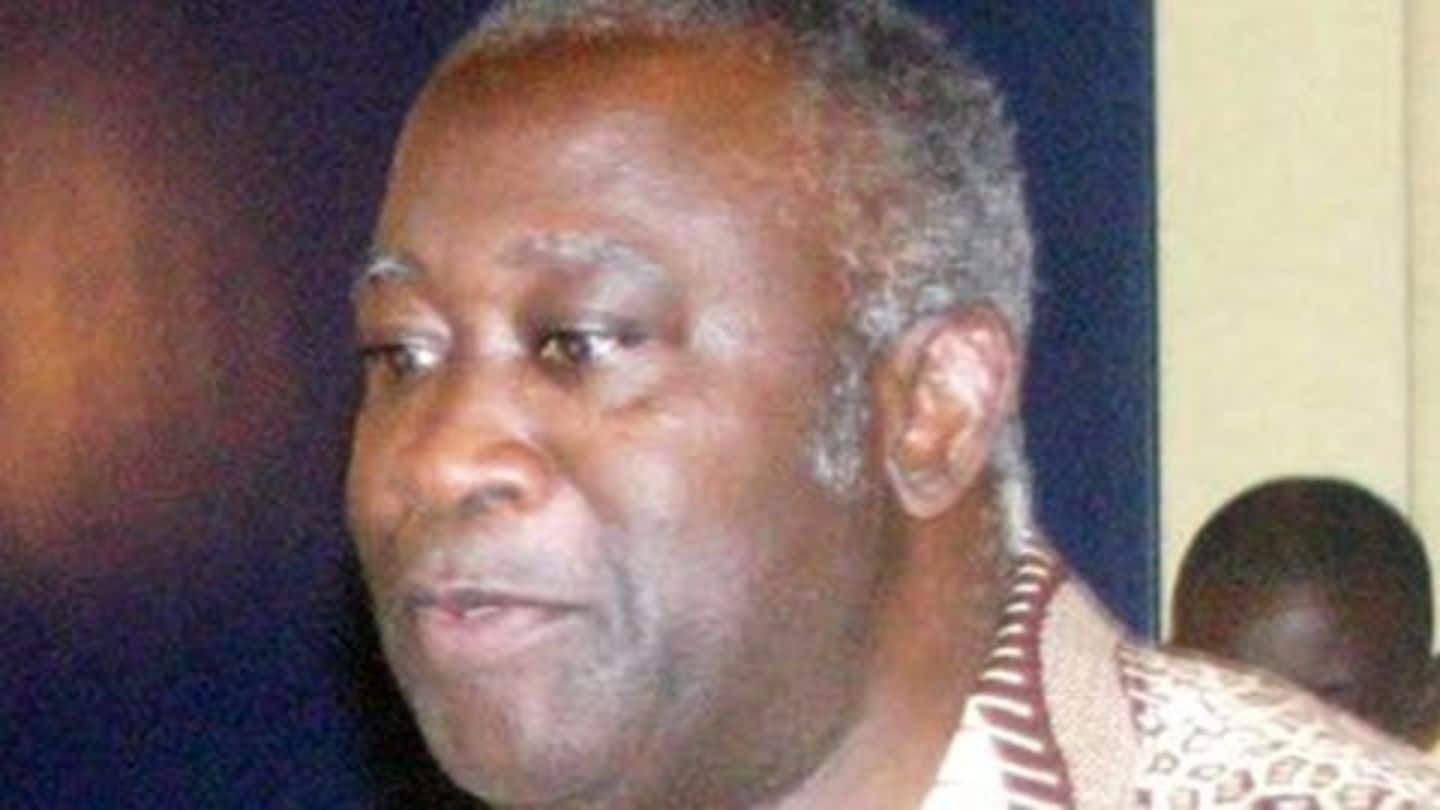
Ivory Coast's ex-leader denies war crimes at Hague
What's the story
Ivory Coast's ex-President Laurent Gbagbo has denied charges of war crimes and crimes against humanity as his trial began at the International Criminal Court in the Hague.
The charges relate to the civil unrest in the country after disputes on the 2010 election results.
Officials stated that this would be a significant case in the ICC, and that the trial could last 3-4 years.
Ivory Coast
The Ivory Coast: A brief overview
Officially known as the Republic of Côte d'Ivoire, the country is located along the coast of West Africa.
Its political capital is Yomoussoukro and the economic capital is Abidjan.
Ivory Coast became a protectorate of France in 1843–44 and was later formed into a French colony in 1893.
It won independence in 1960 and currently, is the world's largest exporter of cocoa beans.
Laurent Gbagbo
Who is Laurent Gbagbo?
A historian by profession, as well as an amateur chemist and physicist, Laurent Gbagbo founded the Ivorian Popular Front at the start of the country's multi-party politics in 1990.
He became the President of the Ivory coast from 2000 to 2010.
After losing elections in 2010, Gbagbo called for the annulment of results from nine of the country's regions, leading to massive unrest.
Background
A background to the unrest
Christianity and Islam are the two major religions in the Ivory coast, and their respective populations are divided between the south and north of the country.
The northerners felt discriminated against by the politically dominant Christian majority southerners.
This led to several clashes in 2000, until the current President Alassane Ouattara and then President Gbagbo reached a consensus to form a unity government.
Nov 2010
Gbagbo loses 2010 elections, refuses to step down
Laurent Gbagbo refused to step down even though the United Nations, which helped organise the November 2010 election, said he lost and Alassane Ouattara won.
Gbagbo claimed that polls in the northern region were rigged and that it was a neo-colonial ploy by France and the UN to oust him.
Gbagbo said his independent economic policies irked France leading to the rigged polls.
Apr 2011
Clashes tear Ivory Coast apart
In April 2011, pro-Ouattara forces swept down from their northern strongholds in a relentless march towards the seat of power in Abidjan.
They were confronted by forces loyal to Gbagbo and fierce fighting ensued, leaving over 1500 people dead.
UN and French troops launched air strikes against pro-Gbagbo positions, and eventually Ouattara's forces, assisted by French ground troops arrested Gbagbo, ending the conflict.
Information
The International Criminal Court
The International Criminal Court (ICC) is an intergovernmental judicial organization that sits in The Hague in the Netherlands. The ICC has the jurisdiction to prosecute individuals for crimes of genocide, crimes against humanity, and war crimes. It began functioning in 2002.
ICC
Gbagbo to stand trial
Gbagbo had been in ICC custody since he was toppled by the French and UN forces in 2011.
On 7 May 2015, the ICC announced that former Ivory Coast President Laurent Gbagbo and his close aide, Charles Goude will go on trial 10 November 2015.
They were charged with crimes against humanity, including murder and rape allegedly carried out after the 2010 elections.